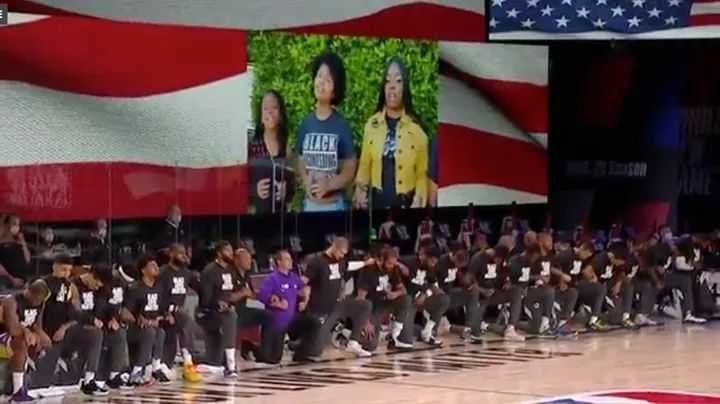Obama’s ‘ISIL czar’ tasked with getting US response in sync
WASHINGTON – President Barack Obama’s new “ISIL czar,” Robert Malley, has a long and sometimes controversial history at the center of U.S. policymaking in the Middle East. He’s now taking on one of the toughest jobs in Washington: getting the struggling campaign against Islamic State militants on track while Obama refuses to entertain any wholesale strategy change.
Nearly 25 years after they were students together at Harvard Law School, these days Obama and Malley cross paths mostly in the Situation Room, where Malley’s role is to ensure the countless U.S. agencies fighting IS work in tandem despite differing time zones, capabilities, even views about the conflict. At stake is an extremist threat that has started exporting violence from Syria and Iraq deep into the West, raising fears that the U.S. is losing a battle that Obama concedes will still be raging when he leaves office.
Elevated to the role with little fanfare in late November, Malley’s appointment reflected an attempt to show that when it comes to IS, Obama wasn’t leaving anything to chance. The White House said Malley will serve as counterpart to Brett McGurk, the State Department official tasked with outreach to some five-dozen countries contributing to Obama’s coalition.
For Malley, the promotion completed an unusual return to the highest echelon of government, seven years after a political stir over revelations he’d met with the militant group Hamas.
At the time, Malley was working for the International Crisis Group, a nonprofit that studies violent conflicts like the one that has divided Israelis and Palestinians for generations. The U.S. considers Hamas a terrorist group, and amid the dust-up, Malley terminated his role as an informal adviser to Obama’s presidential campaign.
Malley said then that he’d never hidden the meetings, which he argued were appropriate for a researcher in his capacity. Still, the incident was one of many in Malley’s career that pointed to a willingness to engage with less-than-savory characters who _ like it or not _ are key players in conflicts the U.S. hopes to resolve.
“Today the U.S. does not talk to Iran, Syria, Hamas, the elected Palestinian government or Hezbollah,” Malley wrote in Time Magazine in 2006. “The result has been a policy with all the appeal of a moral principle and all the effectiveness of a tired harangue.”
Whether Malley’s stance on engaging with questionable entities will influence Obama’s anti-IS campaign remains to be seen. Obama has steadfastly insisted that Syrian President Bashar Assad be excluded from any future Syrian government, even though many coalition partners say eliminating IS, not Assad, must be the priority. Another key issue in diplomatic talks to end Syria’s war is which opposition groups should be deemed terrorists and barred from negotiations. (AP)



